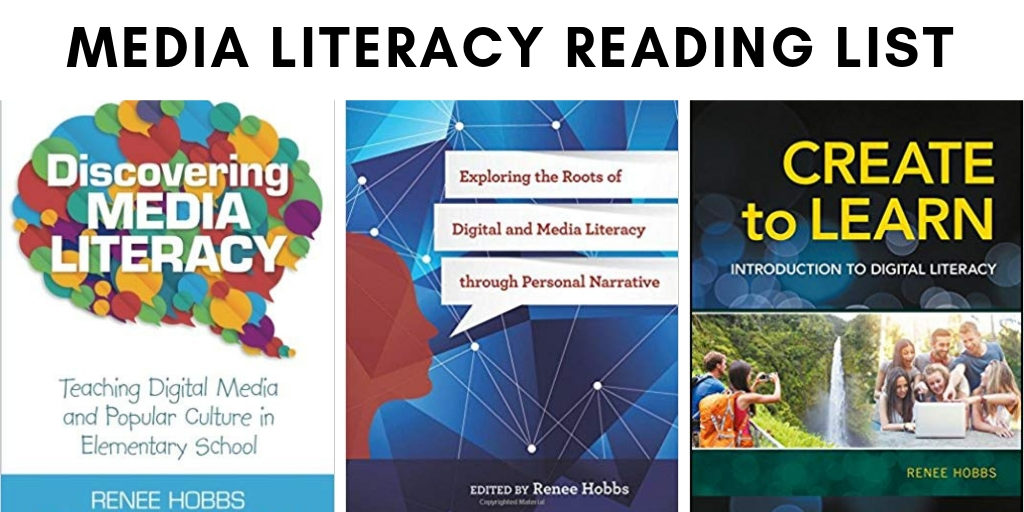‘Propaganda is the cause and the cure for what ails us,’ says Renee Hobbs
 April 23, 2019
Category: Featured, Medium, People
April 23, 2019
Category: Featured, Medium, People
Renee Hobbs turned her focus to propaganda after some consulting work for the United States Holocaust Memorial Museum.
The founder of Temple University’s Media Education Lab, now a professor at the University of Rhode Island, Hobbs has dedicated her career to studying media and digital literacy, and was tasked in 2007 to help make the connection between Nazi propaganda and what propaganda looks like in the 21st century.
She remembers when her university colleagues joked with her how they thought the term was outdated.
“Now, 12 years later, it’s everywhere,” she said.
Hobbs first delved into media as a student-journalist for The Michigan Daily, during her time as an undergraduate at the University of Michigan. She thought the paper had an influence on the university community, but it became clear to her that other students weren’t interested in looking at the impact of their work.
“They were just on to the next story…” Hobbs said. “And I found myself wanting to think about how media and communication influenced people.”
Soon after, Hobbs heard about a course about media and children and how the people studying it called it media literacy. She fell in love with the subject and pursued it in graduate and doctoral studies.
But the subject of media literacy, in an academic-sense, was in its infancy. While at the Harvard Graduate School of Education in the 1980s her instructors resisted letting her write her dissertation on the topic, because it was too unknown to the academic community.
In 1993, Hobbs hosted the Harvard Institute on Media Education, where about 100 educators attended a week-long summer session to learn about teaching media literacy, one of the first of its kind.
“Ever since then, it’s been all been built around that focus on bringing media literacy to students by means of supporting the knowledge and competencies of the teachers who spend their days with those kids,” she said.
Hobbs founded the Media Education Lab —an institution dedicated to advancing media literacy education with teachers — while she was a professor at Temple University, and took it with her to the University of Rhode Island.
Her forthcoming book, Mind Over Media, centers on the topic of contemporary propaganda, including clickbait, pseudoscience, conspiracy theories, satire, hoaxes, disinformation and partisanship, she said.
These are the four things, Hobbs said, that should sound the alarm for propaganda: If it activates strong emotions, if it simplifies ideas, if it appeals to your values and needs and if it attacks opponents.
“These are forms of propaganda that are very unique to the contemporary culture and the rise of the Internet, although they have always been or many of these things have always been around,” she said. “Now we’re exposed to them like on an hourly basis.”
These are the four things, Hobbs said, that should sound the alarm for propaganda: If it activates strong emotions, if it simplifies ideas, if it appeals to your values and needs and if it attacks opponents.
Hobbs cautioned against thinking of propaganda exclusively as a negative thing, however. The U.S. government uses propaganda, she noted.
In an upcoming April talk in Finland, Hobbs will be discussing teaching propaganda in the digital age, tackling controversial topics in the classroom, her anticipated book and how “propaganda is the cause and the cure for what ails us.”
She said it’s important to ask critical questions about what you watch and read, but it’s impossible to fully protect oneself from propaganda.
“I reject the language of protection when it comes to the topic of propaganda, because I am a proud propagandist,” Hobbs said. “I’m a propagandist for media literacy.”
“If you’re an activist, and you’re trying to change the world, you’re going to use propaganda to do it,” she said. “You should use propaganda to do it because changing public opinion is needed for democracy to actually work.”
Trending News












